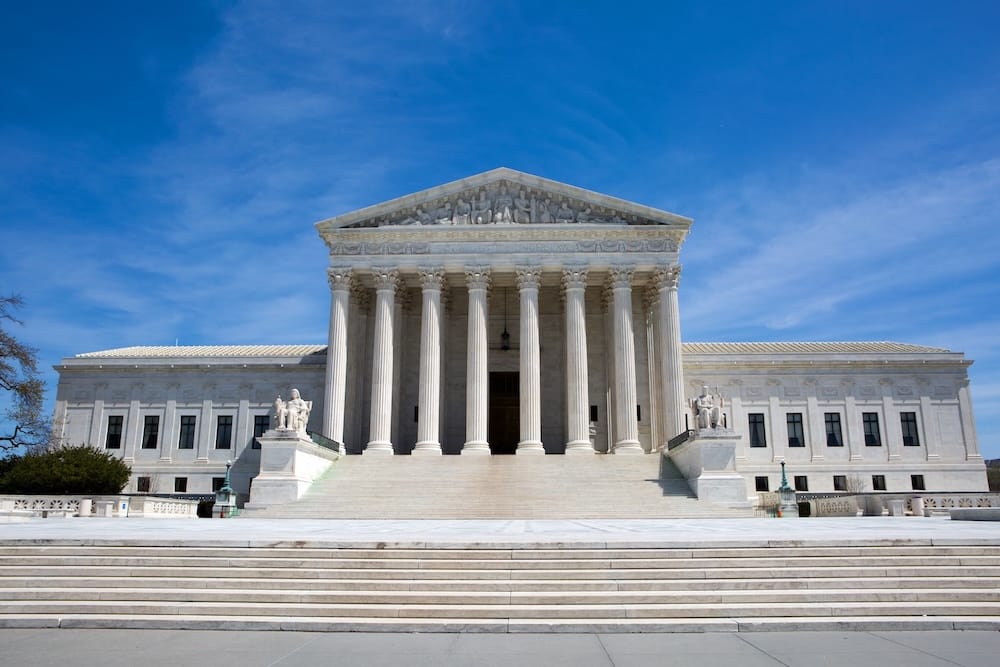

Supreme Court Delivers Key Ruling for Trump Administration
On June 27, the Supreme Court issued a significant decision supporting the Trump administration by limiting the power of federal judges to issue nationwide injunctions against President Donald J. Trump's executive order on birthright citizenship. The 6-3 ruling did not address the constitutionality of the policy itself but focused on the scope of judicial authority in blocking executive actions across the entire country. This decision allows the administration to partially advance its plan to end automatic birthright citizenship while litigation continues in lower courts.
The majority opinion stated, 'The Court grants the Government’s applications for a partial stay of the injunctions entered below, but only to the extent that the injunctions are broader than necessary to provide complete relief to each plaintiff with standing to sue.' This marks a pivotal moment for the administration’s immigration agenda, ensuring that sweeping judicial blocks cannot easily halt federal policy implementation.
Focus on Judicial Overreach, Not Citizenship Policy
The core of the Supreme Court’s ruling centered on the issue of 'universal injunctions,' which the majority deemed likely to exceed the equitable authority granted to federal courts by Congress. The decision sends a clear message that lower courts must reconsider the breadth of their rulings when challenging executive actions. Instead of offering a final verdict on whether President Trump’s order to limit birthright citizenship is constitutional, the justices directed their attention to the procedural limits of judicial power.
This nuanced approach means that while the policy can move forward in part, the underlying legal battle over birthright citizenship remains unresolved. The ruling emphasizes a balance of power, preventing individual judges from imposing nationwide halts that could obstruct federal initiatives without sufficient justification tied to specific plaintiffs.
Implications for Immigration Policy and Federal Authority
The Supreme Court’s decision is viewed as a victory for the Trump administration’s broader efforts to reform immigration policies through executive action. By curbing the ability of federal judges to issue blanket injunctions, the ruling strengthens the administration’s position in implementing policies that align with its commitment to prioritize American citizens and enforce immigration laws. This development could set a precedent for how future executive orders are challenged in court, potentially reducing the frequency of nationwide blocks on federal initiatives.
As litigation over the birthright citizenship order continues, the administration remains focused on advancing its agenda. The partial stay of the injunctions ensures that the policy is not entirely stalled, allowing for incremental steps while legal challenges are addressed. This ruling underscores a commitment to upholding executive authority and ensuring that federal policies are not unduly hampered by overreaching judicial interventions.
Dues are $12 per year. Member benefits:
✅ Ad-Free Website Viewing
✅ Advocacy for Republican Seniors
✅ 120+ Senior Discounts
✅ Member Only Newsletters